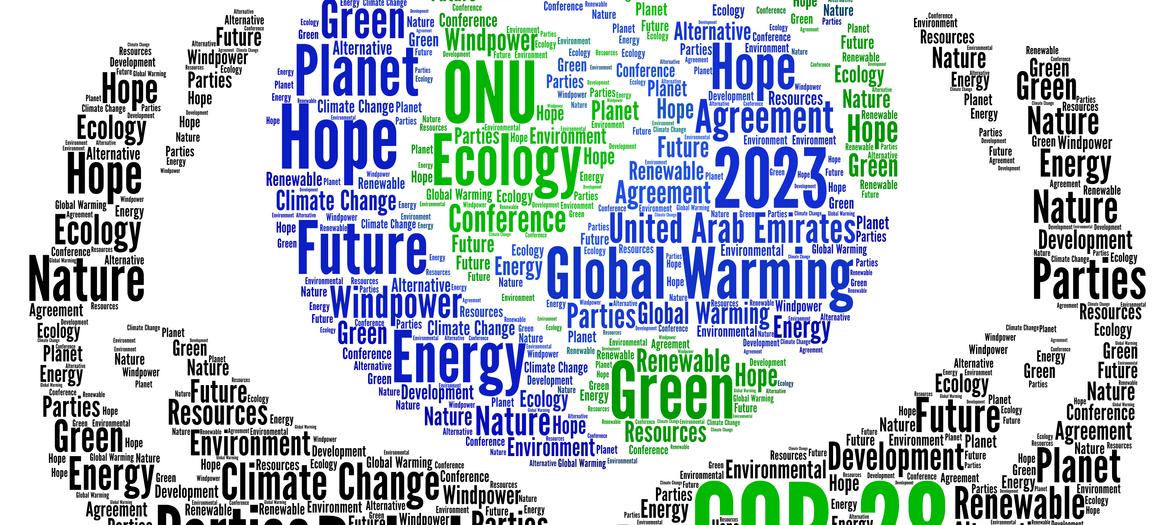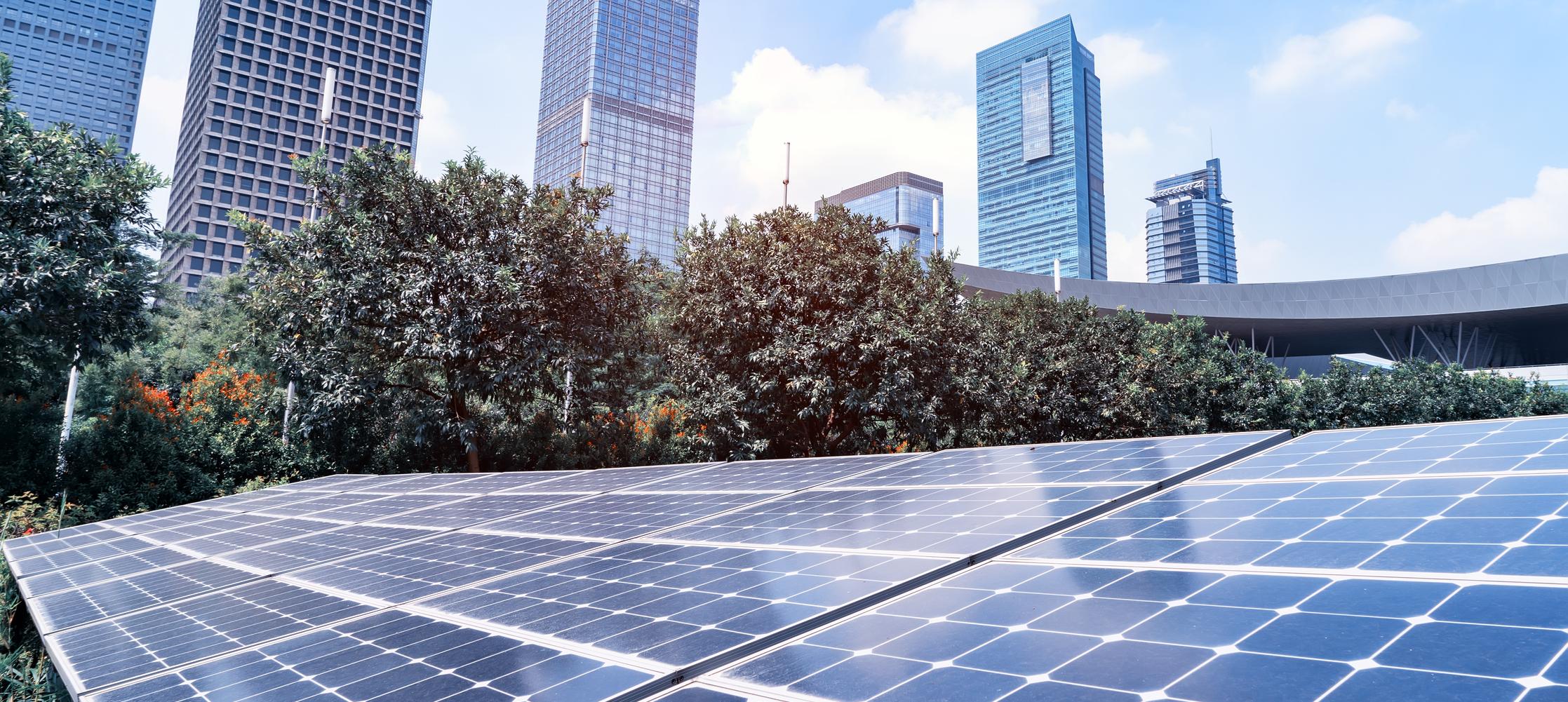-
https://climateinstitute.bmo.com/static/images/clock-icon.svg
5 Minute Read
-
Listen
-
Stop
-
Text Bigger | Smaller
Despite a "hint of a slowdown" in global electric vehicle (EV) sales, innovations in battery technology and vehicle efficiency will keep the long-term trend toward adoption of lower-emission vehicles rising, said Colin McKerracher, a BloombergNEF analyst.
Passenger global EV sales slowed to 32% in 2023, half of 2022's pace of 61%, according to BloombergNEF. The lack of affordable options, particularly in North America, and a need for more charging infrastructure are among the reasons why EV sales have eased from a torrid pace. Still, it's difficult to characterize more than 30% growth as lackluster, especially after the final quarter of 2023 when one in five vehicles sold in the world were EVs.
"Doesn't really look like much of a slowdown," said McKerracher, Head of Advanced Transport and Storage at BloombergNEF, on an episode of Sustainability Leaders. "I think the biggest thing that still gives me optimism is that the technology continues to improve and we're nowhere near at the end of how good a battery or how good a vehicle can get."
That may be causing some consumers to take a wait-and-see approach in anticipation of how improvements in battery technologies, for example, can affect range and price. McKerracher also acknowledged a bifurcation in the market between legacy automakers transitioning to producing EVs – and seeing limited success – and pure-play EV manufacturers that have had strong results.
In North America, automakers will also have to contend with the consumer preference for larger vehicles and trucks. Larger vehicles require bigger battery packs, increasing raw materials costs and putting upward pressure on retail prices for the time being.
None of that changes the fact that sales of internal combustion engine (ICE) vehicles actually peaked in 2017, McKerracher said. However, despite breakneck growth pace in the EV industry, global greenhouse gas emissions from road transportation have not yet declined. That is because the total stock of passenger vehicles on the road with ICE drivetrains has remained relatively stable. That may change in a matter of years.
He expects the stock of ICE vehicles to start declining in 2026 or 2027.
"I think you probably get a peak in road transport emissions this decade, this side of 2030," McKerracher said.
Featured Publications

“It was a great privilege to be at COP28 representing BMO and helping advance the matter on c…

Corporate climate action appears to be reaching a new phase. More companies in the United States an…

BMO Arranges Green Financing to Fund New Lawson Centre for Sustainability, Trinity College's Mo…





